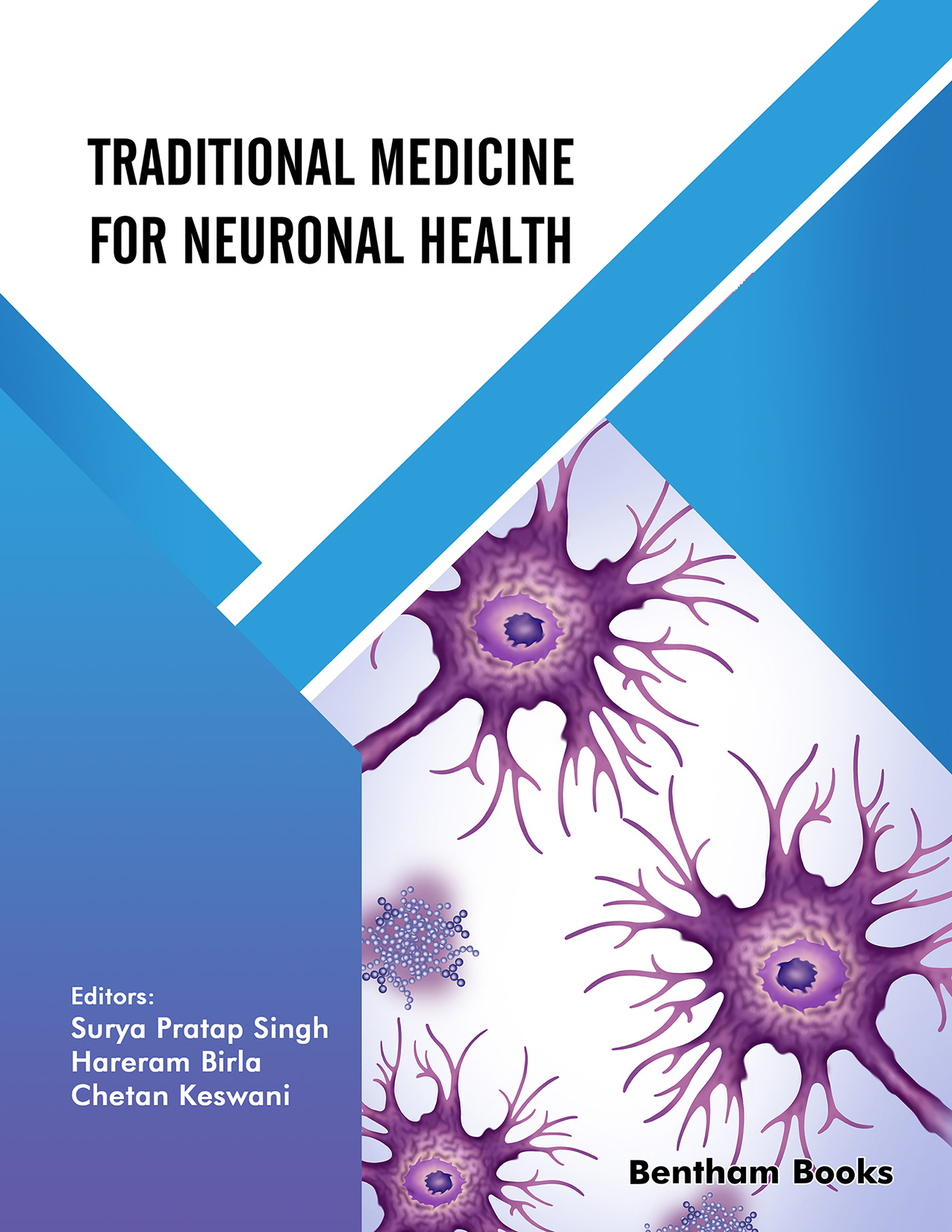Understanding the Role of Traditional Medicine in Modern Healthcare
Traditional medicine has long been a cornerstone of cultural and health practices in many communities, especially in regions like Nigeria. However, its role and limitations must be clearly understood to ensure it is used appropriately and safely. The Director General of the Nigeria Natural Medicine Development Agency (NNMDA), Prof. Martins Emeje, has emphasized that traditional medicine is not intended for managing acute medical emergencies but rather serves as a tool for preventive care and holistic healing.
Preventive Care vs. Emergency Treatment
Prof. Emeje highlighted that while traditional medicine offers numerous benefits rooted in natural resources, it is not designed to provide the rapid, life-saving interventions required in critical situations. He explained that patients experiencing life-threatening conditions should seek immediate care at hospitals rather than relying on traditional healers.
According to him, the purpose of ongoing research and development at the NNMDA is to refine traditional remedies to enhance their efficacy and speed. This process aims to make traditional medicine more effective without compromising safety or scientific validation.
Recognizing Limitations for Public Safety
The professor stressed that it is crucial to recognize the current limitations of traditional medicine to avoid putting lives at risk. He clarified that traditional medicine is holistic and preventive, making it most effective when used to prevent diseases rather than treat acute emergencies. He warned against the misconception that traditional medicine can replace emergency care, noting that such beliefs can lead to serious consequences, especially when delays prevent access to appropriate treatment.
Comparing Traditional and Allopathic Medicine
Emeje acknowledged that foreign or allopathic medicine has distinct advantages in treating acute cases due to its synthetic compounds, which act quickly to address symptoms and disease mechanisms. In contrast, traditional medicine, which often includes herbs, food, and animal parts, requires time to be absorbed and become effective. This slower onset makes it less suitable for emergencies such as trauma, stroke, or cardiac arrest.
However, he pointed out that the strength of traditional medicine lies in its long-term effects on the body. When taken consistently over time, it can improve immunity, restore balance, and help prevent chronic illnesses.
Harnessing Nigeria’s Biodiversity
Nigeria’s rich biodiversity and cultural heritage provide a strong foundation for developing effective natural therapies. However, Prof. Emeje emphasized that this potential must be combined with scientific validation, standardization, and education. He noted that research and development play a vital role in refining traditional medicine to make it more potent, faster acting, and clinically effective.
Integration into the National Health System
One of the core mandates of the NNMDA is to integrate traditional practices into the national health system through evidence-based approaches. This integration ensures that safety and efficacy remain top priorities. The director general also stressed the importance of building trust and public confidence in traditional medicine by ensuring that practitioners are well-trained, practices are regulated, and remedies undergo rigorous scientific scrutiny.
Training and Regulation
In countries where traditional medicine thrives, it is often because of structured training programs, established standards, and clear operating procedures. Prof. Emeje called for similar efforts in Nigeria, urging the country to invest in training and regulation within the field.
Complementing Modern Medicine
He encouraged Nigerians to avoid viewing traditional and modern medicine as opposing systems. Instead, he advocated for exploring ways both systems can complement each other, particularly in non-emergency care and primary healthcare. By working together, these approaches can offer more comprehensive and effective solutions for public health.
Continued Efforts for Improvement
The NNMDA DG reiterated that while traditional medicine can support and heal in many situations, its role must be clearly understood and its limits acknowledged for the sake of public safety. The agency remains committed to improving traditional medicine through education, public awareness campaigns, and partnerships with academic and research institutions.
Embracing Preventive Healing
Ultimately, Prof. Emeje urged Nigerians to embrace the preventive power of traditional medicine while respecting the critical role of emergency medical services in saving lives during acute health crises. By understanding the strengths and limitations of both systems, communities can work towards a more balanced and effective approach to healthcare.







